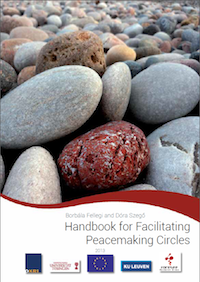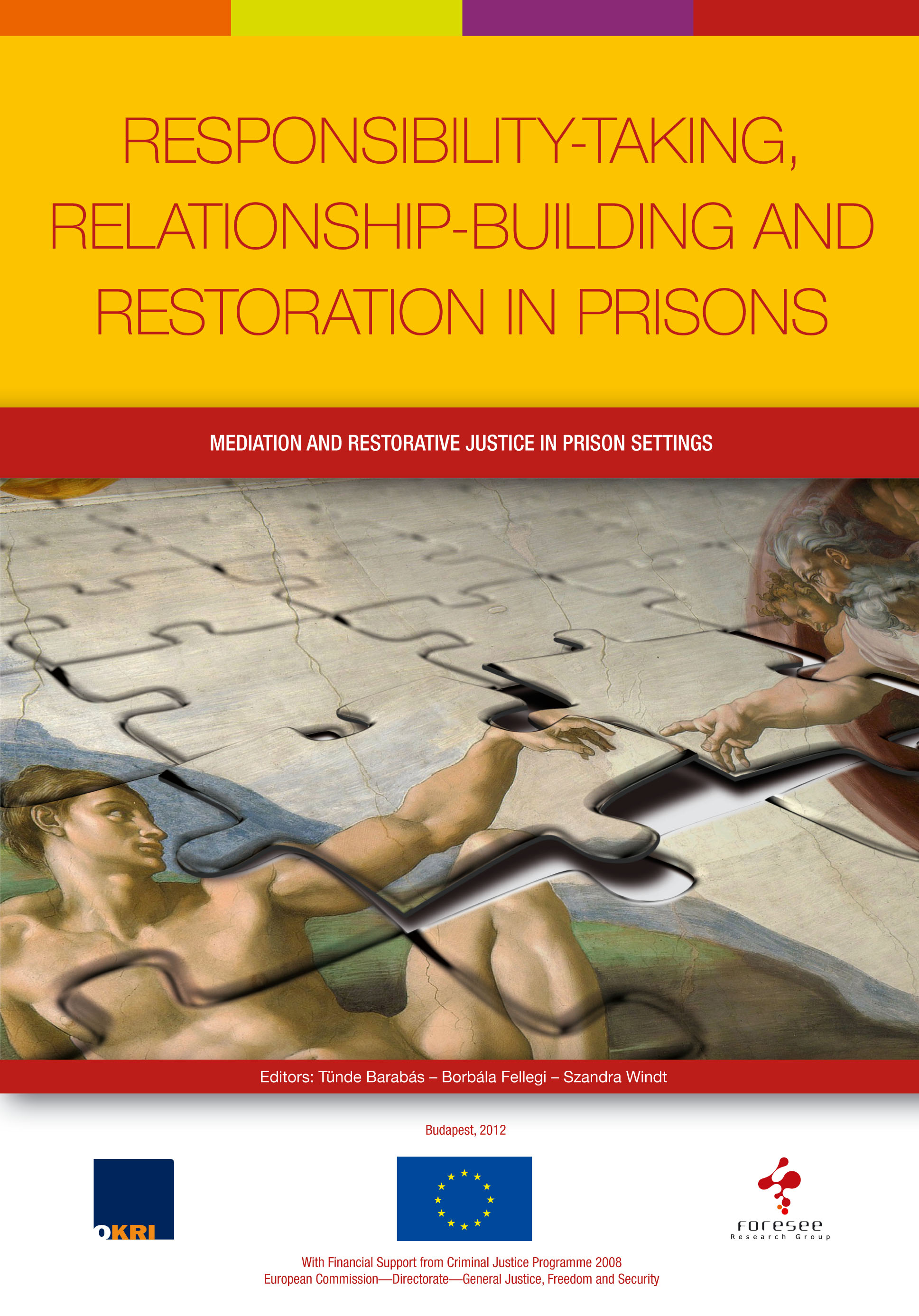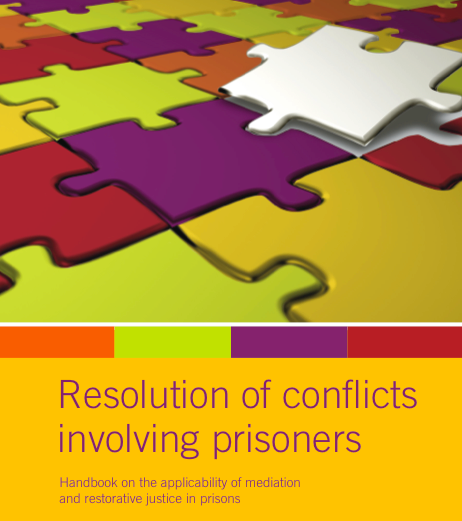The conference, organized on the Law Faculty of ELTE and chaired by Prof. Miklós Lévay and Prof. Katalin Gönczöl, saw three presentations from Foresee’s experts.
Borbála Fellegi and Dóra Szegő in their joint presentation about the Peacemaking Circle Project discussed the findings from research and practice of peacemaking circles implemented in Hungary within the framework of an EU funded action-research project with special attention to the ways in which judges, prosecutors, police and probation officers could be involved into the process of the circles. The general aim of the project was to develop a model of peacemaking circles suitable for a European legal and cultural context.
The ALTERNATIVE project was introduced to the participants by Gabriella Benedek and Borbála Fellegi. This presentation briefly described and interpreted the process and findings of the first phase of the action research in the Hungarian Case Study within the frame of the ongoing ALTERNATIVE project.
The presentation about the now finished MEREPS project that gave an overview of the main supportive and challenging factors that were concluded during this 1 year-long action research was held by Borbála Fellegi. The aim of the Foresee-led consortium in this year-long action research carried out in prisons was to test whether restorative practices could help support victims of crime, raise responsibility-taking in offenders, support the prison staff and inmates in peacefully resolving their internal conflicts, help the restoration of family relations and reintegrate offenders into society after release.
The programme of the opening meeting and plenary session can be read here.














No comments